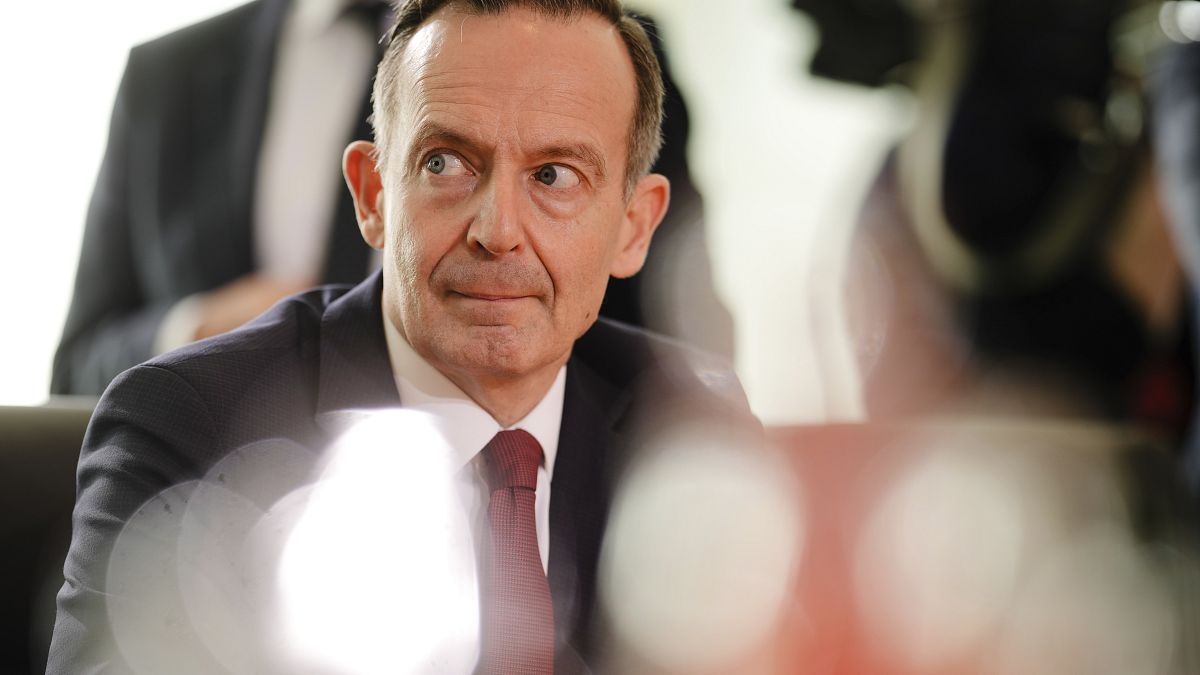Northern countries claim EU 27 telecom ministers’ demands are not far-reaching enough.
A coalition of German and Lithuanian, Latvian and Estonian digital ministers have called upon the next European Commission to focus on digital infrastructure, standards and data sharing to improve the Bloc’s competitiveness during the upcoming mandate.
In a press conference today (27 May), the ministers of the four countries – united in the so-called “Innovation Club” – presented their vision for the focus of the next Commission, taking office after the June EU election. They call for completion of the Digital Single Market and for more pragmatism and more efficient procedures along the way.
To compete globally, “Europe must focus more on the innovative power of the free market, especially in the digital sector. This means less state intervention, no isolation and more freedom for European companies,” said German Digital Affairs and Transport Minister Volker Wissing.
“The state should concentrate on core tasks such as investment- and competition-friendly framework conditions for broadband expansion,” he added.
Estonia’s Minister of Economy and Information Technology Tiit Riisalo said Europe needed “regulatory and technological real-world laboratories for companies more quickly,” adding that such so-called sandboxes would open data availability for innovation and the development of new data-driven services.
The countries also said that the number of EU experts in standardisation bodies should be increased. “Active involvement in standardisation bodies (e.g. as chair or vice chairs of working groups) ensures EU businesses remain competitive on a global scale, and that they have a say in the standards’ ultimate parameters,” the paper said.
The call comes after the EU’s 27 telecom ministers as a whole made a similar request in their Future of EU Digital Policy conclusions adopted last week (21 May) but the Innovation Club said this paper does not cover all areas of EU digital policy.
The 27 ministers last week noted the “significant number” of EU legislative acts that have been adopted in recent years, and “stress the need to prioritise in the coming years their effective and efficient implementation.”
Wissing said that the four countries are “open to cooperate with others” to achieve a majority for their approach in the technology council meetings.
The initiative to cooperate, a German idea, came after a visit by Wissing to the Baltics last year. “The idea was to bring the frontrunners together with a big partner like Germany and think of the agenda for the next Commission,” he said.

